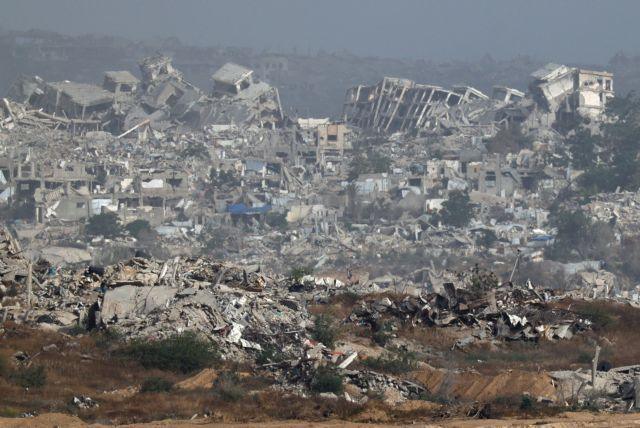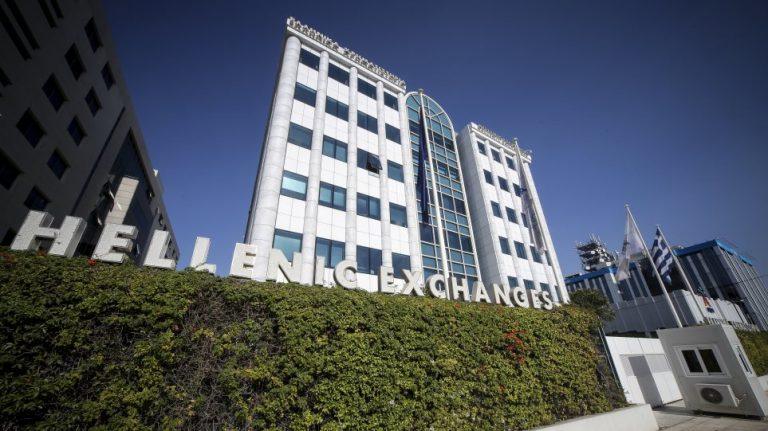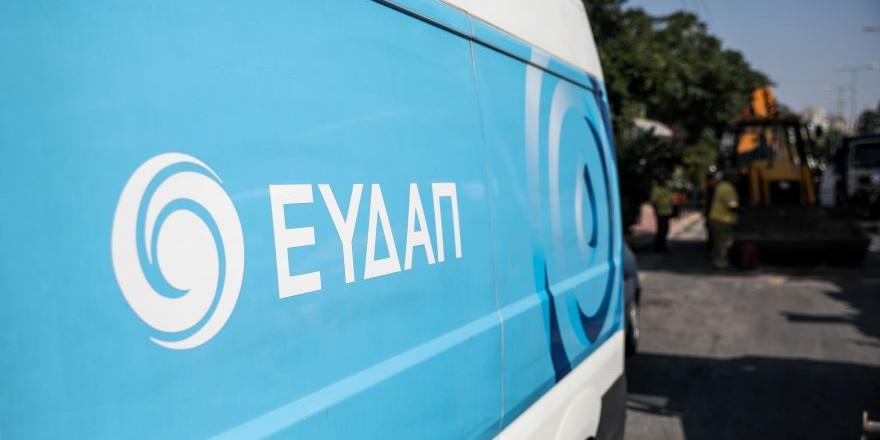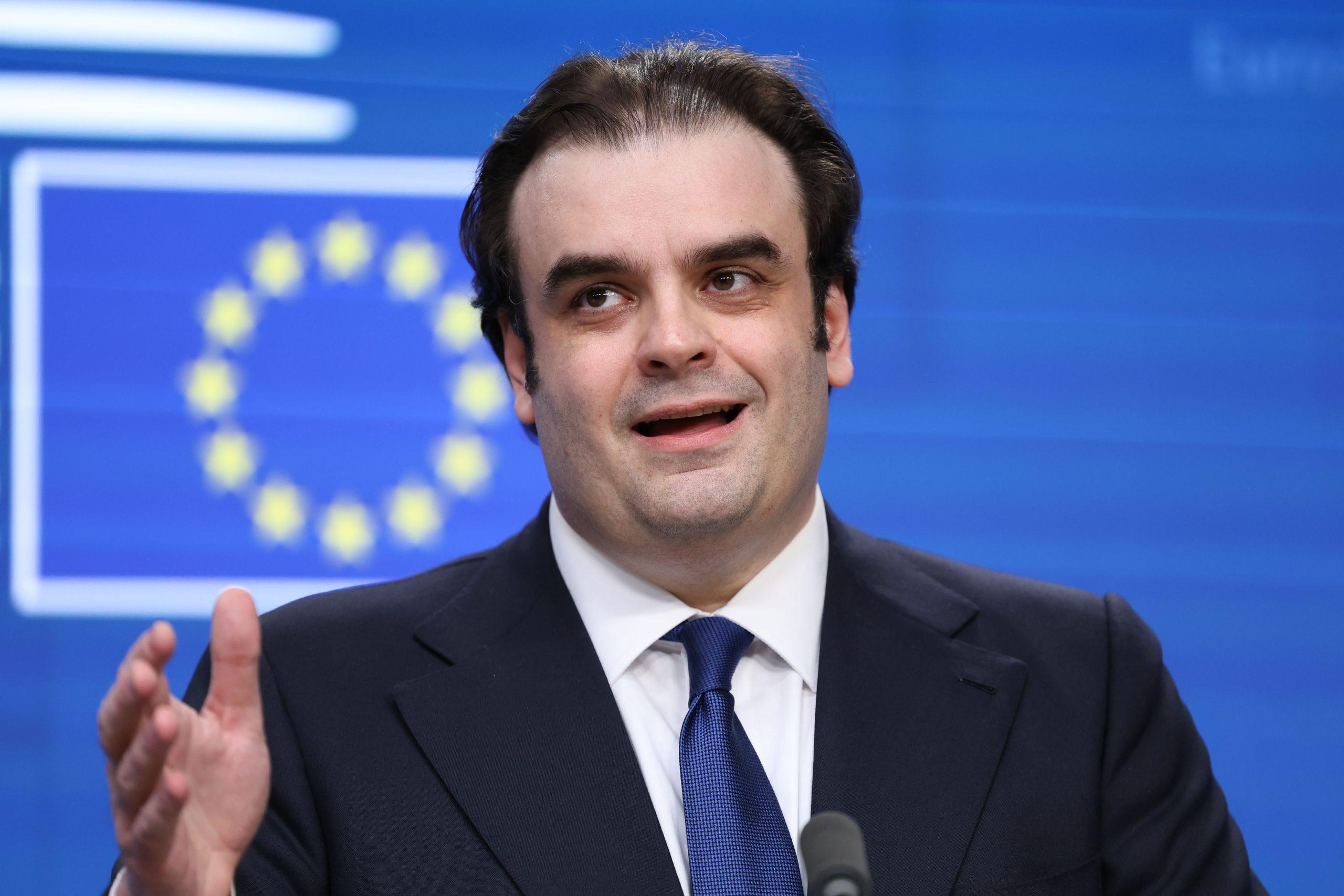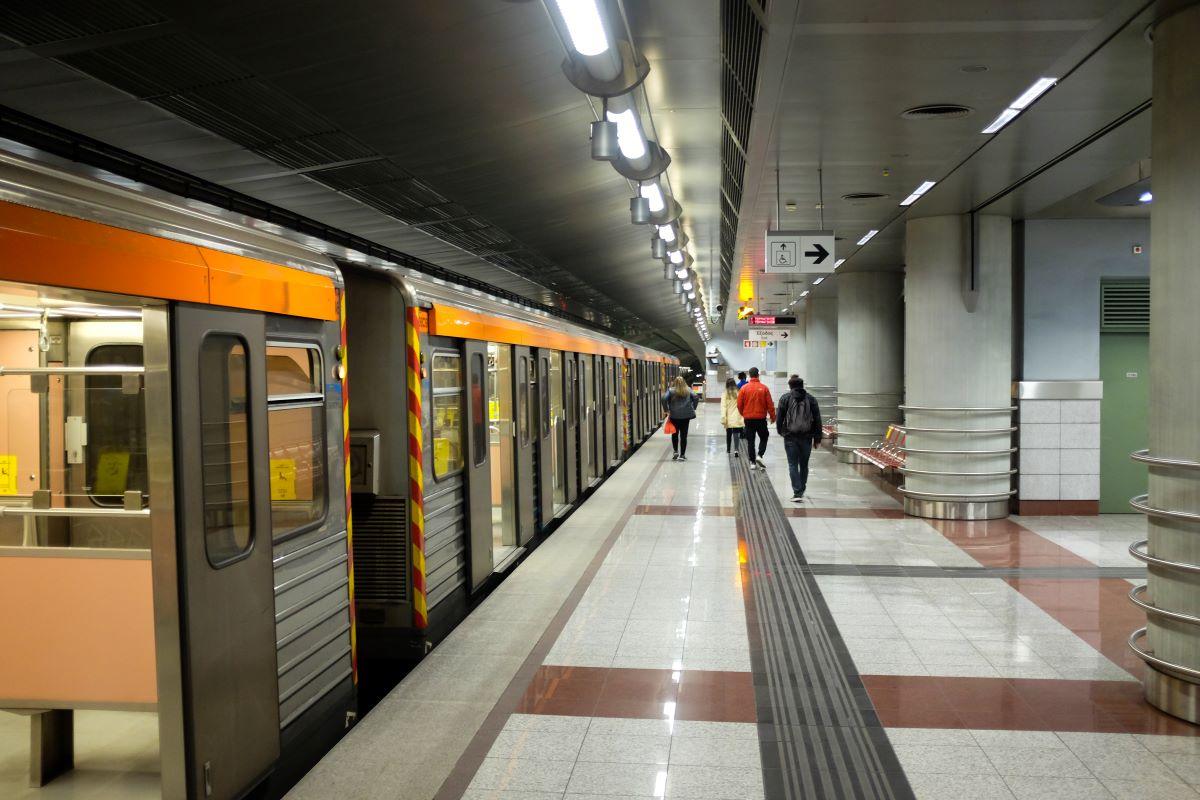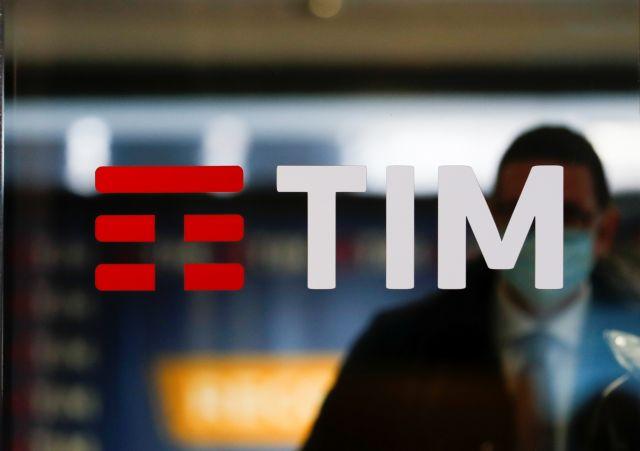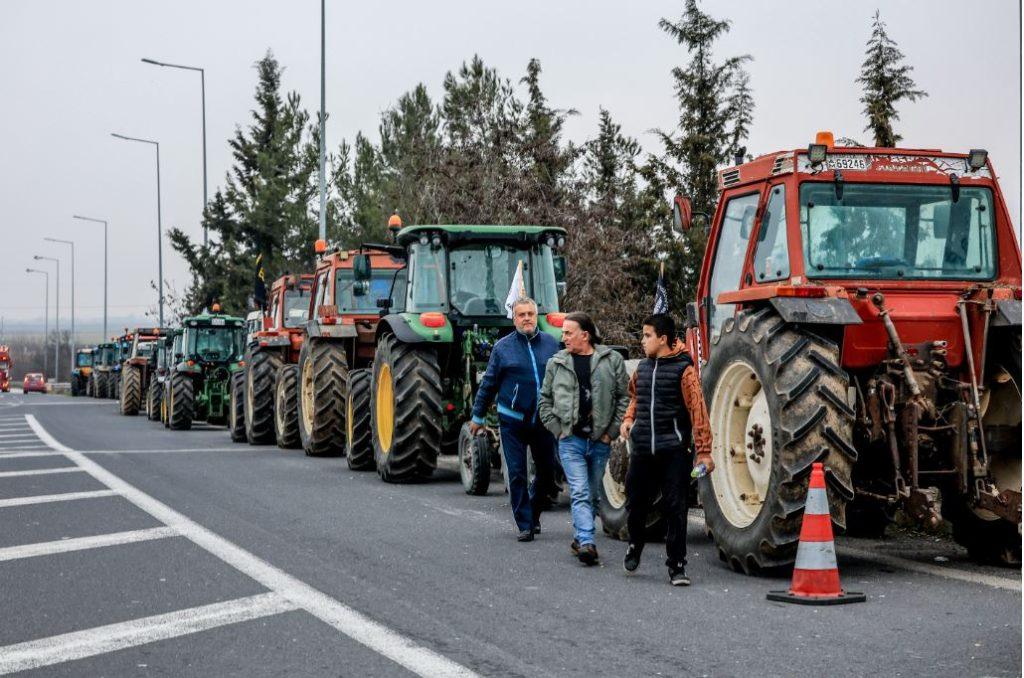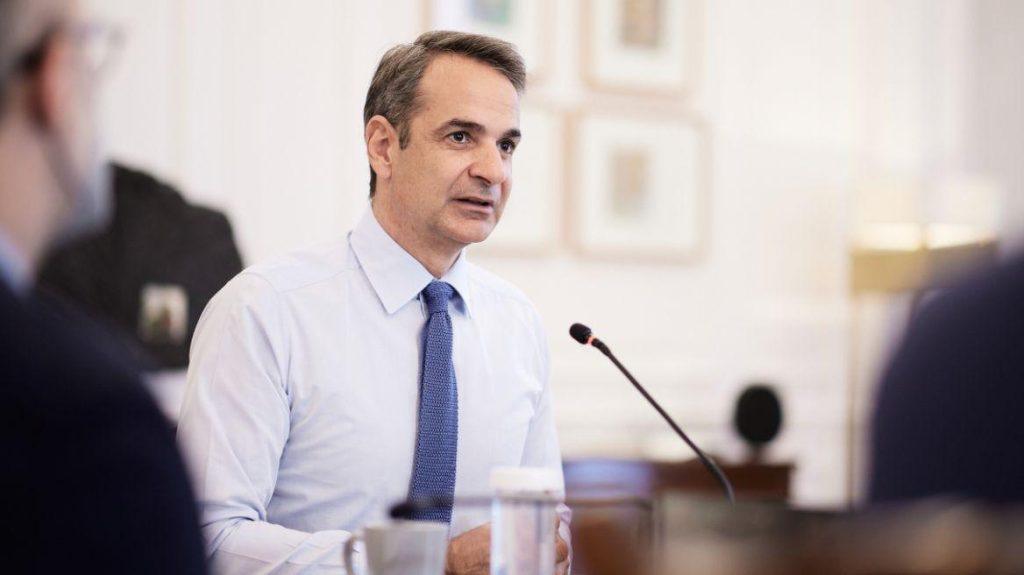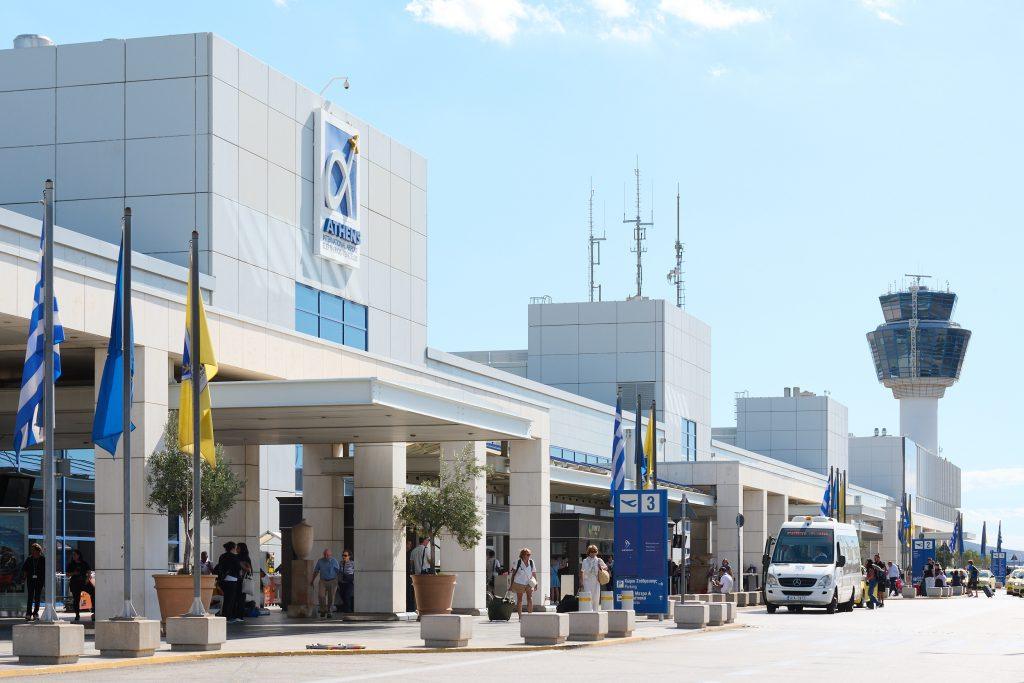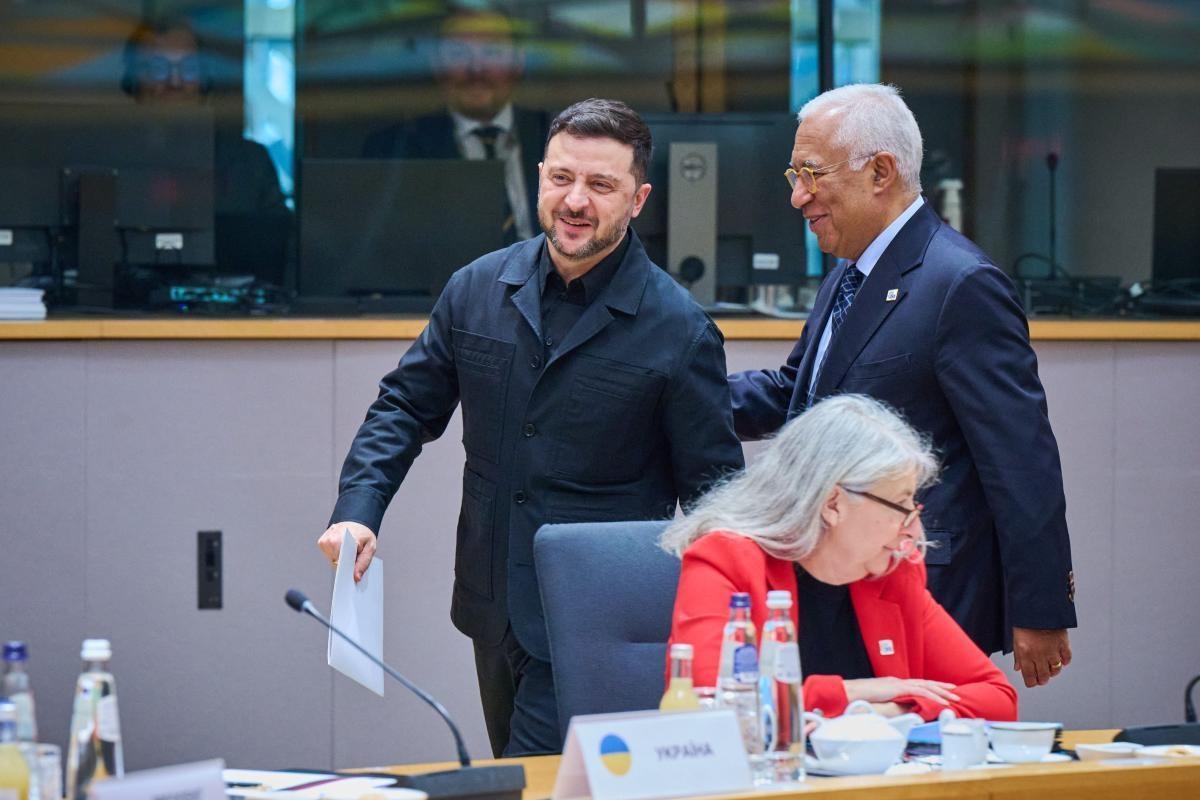The energy crisis and the need for security of supply bring to the fore the “Vertical Corridor” project to transport natural gas from South to Central Europe.
Four countries, Greece, Bulgaria, Romania and Hungary, have decided to implement the necessary investments in order to make their interconnected gas networks capable of bi-directional flow. Thus, the precious fuel for the next few years will start from the Alexandroupolis FSRU and end up in Budapest, Hungary.
According to information available to OT, a cooperation memorandum is expected to be signed today unexpectedly between the national natural gas transmission system managers. The consortium of the IGB (Greece – Bulgaria) pipeline, the ICGB and Gastrade, which runs the Alexandroupolis FSRU project, the floating LNG storage and gasification station, will also sign. On the part of the Operators are DESFA (Greece), Transgaz (Romania), FGSZ (Hungary) and Bulgaratransgaz (Bulgaria
The target
The purpose of the development of the “Vertical Corridor” is the gradual weaning of countries from Russian natural gas through the diversification of their sources of supply. Greece, through the Alexandroupolis FSRU and the National Natural Gas System (NSGS) is coming to offer two such additional solutions. Ships with LNG will unload both at the FSRU in Alexandroupoli and through the IGB the gas will go up… to the countries of the Balkans as well as Central Europe. The same route will be followed by quantities of gas via ESFA from LNG cargoes that will arrive at the Revythoussa terminal.
The three countries Bulgaria, Romania and Hungary are interconnected with each other both by interconnecting pipelines and by the TransBalkan Pipeline, the pipeline that used to bring gas from Russia through Ukraine to the states of Romania, Bulgaria and Greece.
The cooperation memorandum states, according to information, that the managers of the four states are committed to proceeding with the necessary investments in order for the gas transmission systems to acquire a two-way flow (essentially also from south to north), while the governments will also proceed with any necessary legislative interventions.
The aforementioned Balkan countries as well as Hungary are highly dependent on Russian gas. The “Vertical Corridor” combined with the addition in the next three to four years of another four FSRUs in Greece paves the way for diversification of supply sources.
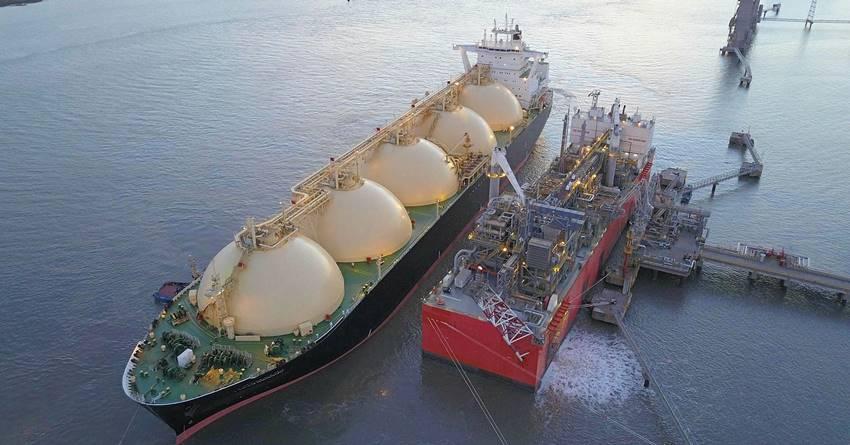
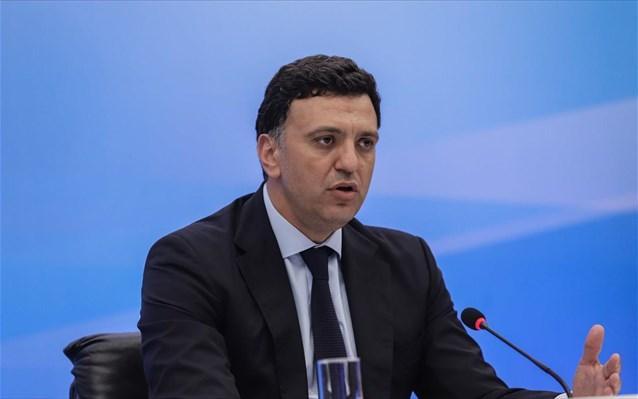
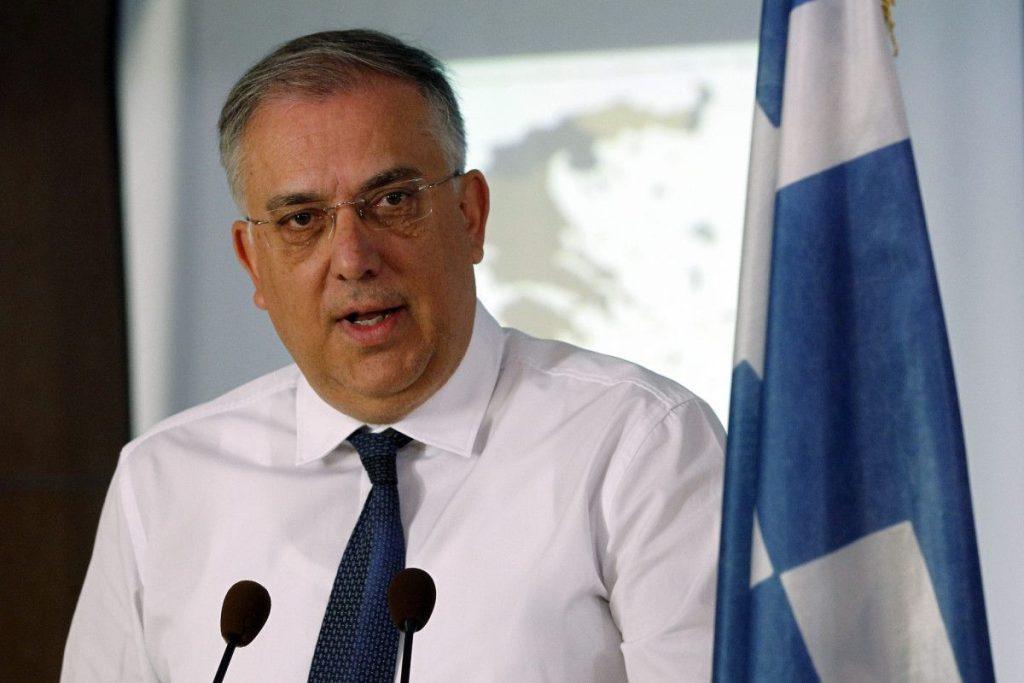









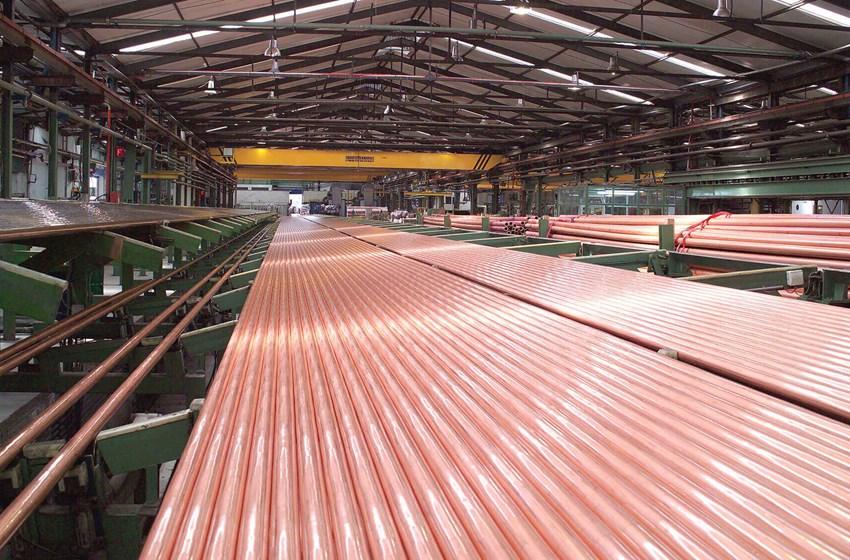
![Airbnb: Πάνω από 90% οι πληρότητες για Χριστούγεννα και Πρωτοχρονιά [πίνακας]](https://www.ot.gr/wp-content/uploads/2025/12/ot_airbnb_christmas.jpg)

